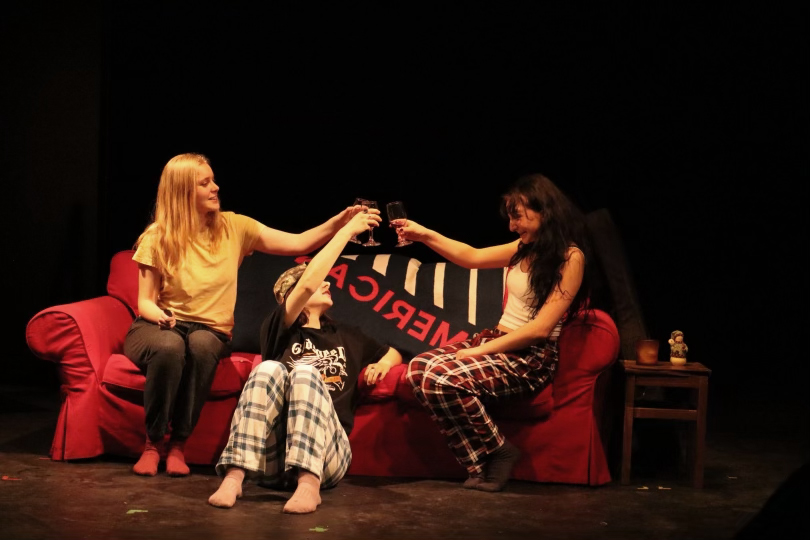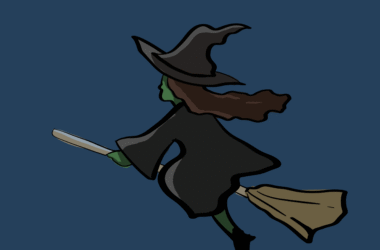From exploring dusty old houses in A Farce About Time Travel to a complicated reunion with old friends (or more than friends) in Coping Mechanisms, the McGill Drama Festival (MDF) had something for everybody. With prizes handed out for Best Script and Best Directing, the festival’s only real loser was rural Ontario, with more than one play shining a light on the trials and travails of life in Canada’s least interesting province.
Players’ Theatre’s annual festival featured five plays, all written and produced by students.
“What I love about the McGill Drama Festival is that it’s a showcase of entirely student talent. Everything is written […] directed, acted, and produced all by students,” Danica Friss-Wilson, U1 Arts and the festival’s coordinator, explained in an interview with The Tribune.
For many aspiring playwrights, MDF presents their first opportunity to have directors and actors bring their scripts to life.
“For the writers, it showcases that there are people who can work on your script,” Friss-Wilson said. “You write something and you have a vision of it, and then you see it up on stage and it’s like nothing that I can describe.”
This was the case for Keianna Lewis, U2 Arts, who wrote the eerie discussion between some old circus colleagues that became Big Top Down. Having only started writing plays last fall, this performance marked the first time Lewis had seen a piece of their writing come to life.
“Knowing that this is something that I originally conceived while I was [in high school] and had no idea who I was as a writer, and then getting to edit it, and workshop it, and see it be brought to life by this wonderful director and wonderful cast—it’s kind of magical,” Lewis said in an interview with The Tribune.
As it turned out, the judges agreed—Big Top Down’s Andrea Landeata, U2 Arts, brought home the prize for Best Directing. While the characters worked through their old grudges and familial conflicts by way of letters from long-lost loved ones, a mime lit up the show with spot-on reactions and an interlude between scenes.
Meanwhile, in Ontario, the witty confusion and all-too-relatable family pressure in All You Can Eat earned it the award of Best Script. Written by Corey Madelzys, BCL/JD ‘24, and directed by Nora Bartram-Forbes, U3 Science, the play centres on a multi-generational family celebrating their youngest son’s last dinner before going off to college.
By creating a space for student-written work to be directed and performed, MDF also allows students to take a chance on more experimental work and try out a new genre or style of storytelling.
“I was intrigued by the idea of writing a play when the call came out this year, but really it was my roommate who pushed me to try something new,” Harriet Faught, U1 Education and the playwright behind Red Wine, Women, and Song told The Tribune.
Faught’s play presents a series of vignettes, each centring around women in their early twenties exploring what womanhood means to them. As Faught explained, one goal of the play was for it to be an opportunity for the cast and crew to experiment.
“I really wrote the show to be whatever the directors and the actors wanted,” Faught said. “I didn’t actually give the characters names. [They] were chosen by the actors and directors, and I left the script really open because I wanted it to feel really real.”
The chance to play around, try out new things, and develop their craft isn’t limited to playwrights, actors, and directors. Claire Tees, U3 Arts and Executive Director of Players’ Theatre, emphasized that the festival was also a venue for running crew, light and sound technicians, and stage managers to gain hands-on experience.
“That’s the other great thing about the McGill Drama Festival: Because there’s so many shows, there’s a lot more opportunity in tech as well,” Tees said in an interview with The Tribune. “The whole point is an opportunity for people to learn, for first time actors—first time everything!”







